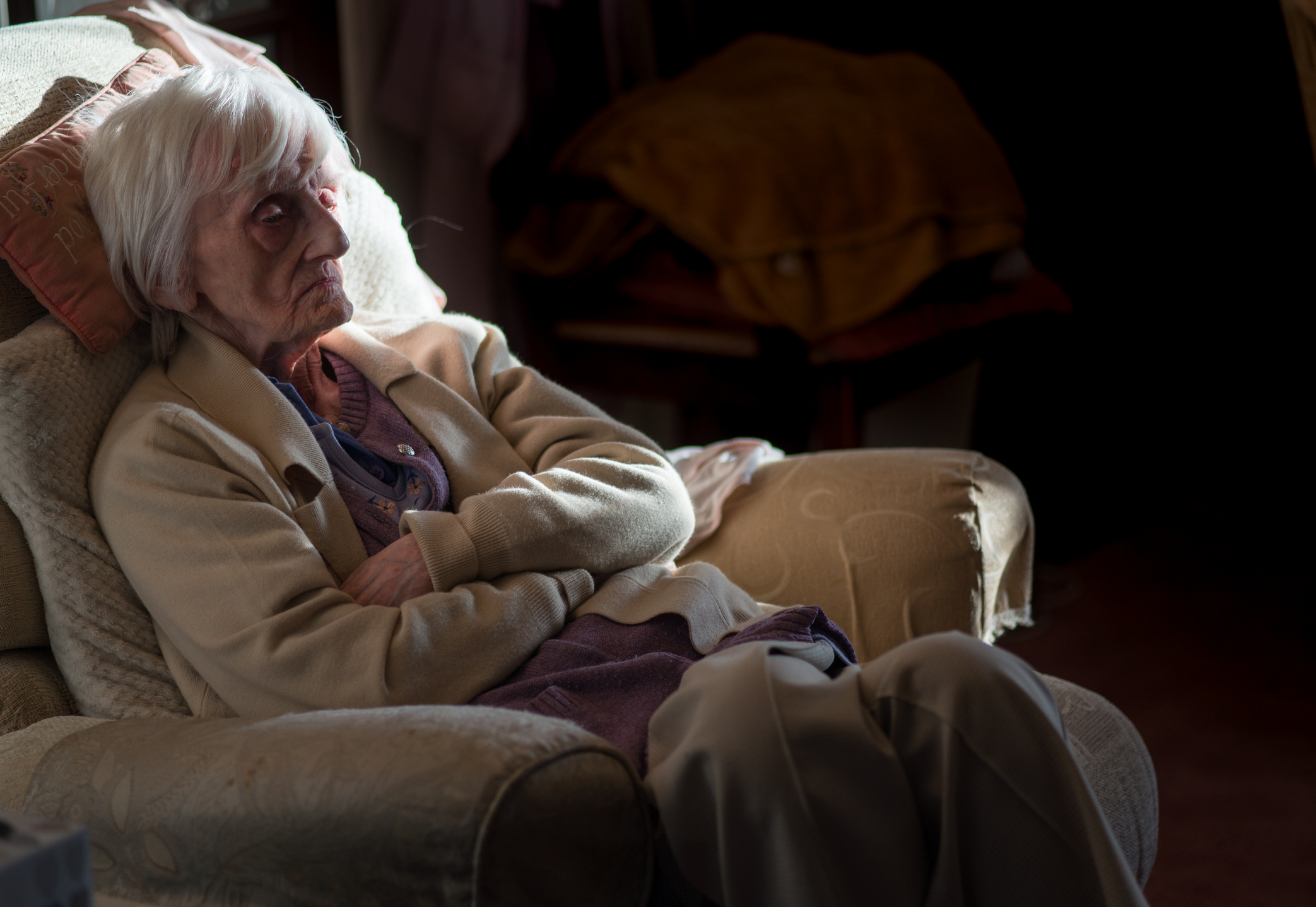Nearly two years into the pandemic, the fast-spreading Omicron variant has led to a tightening of restrictions once again. Elderly adults, even after receiving two initial vaccines followed by a booster dose, are experiencing severe isolation in long-term care where safety measures and staff shortages are preventing seniors from visiting with family and participating in social activities. In some cases, residents are not receiving their usual bathroom or mealtime assistance.
According to a recent Global News report, seniors in care facilities are suffering from severe isolation and shortage of staff due to infections and quarantine protocols. Families are often asked to visit during mealtimes to help residents who require assistance with eating, but not all loved ones are able to leave work to visit during the day. Because many long-term care homes are keeping elderly residents in their rooms for safety, physical function can quickly decline from lack of mobility and exercise.
Seniors aging in place who rely on visiting home care are also experiencing problems due to widespread shortages of caregiver staff. Home care providers are having great difficulty finding and keeping staff, even when offering a competitive salary. Rapidly-filling hospitals are scooping up health care aides and nursing assistants, able to offer higher wages and hazard pay. Many other care workers have been forced to stay home to care for their own children or other loved ones.
Technology can help bridge the staffing gap and keep loved ones connected with their elderly family member through video chats and automated safety alerts. Smart devices like the Facebook Portal, or the Echo Show by Amazon, can help keep families and friends connected with video calls, calendars and reminders, entertainment, digital photos, and more. With hands-free voice controls, seniors with vision problems or arthritis can access content easily. The newly released Alexa Together subscription service provides urgent response and fall detection with compatible devices and allows loved ones to send reminders, manage shopping lists and receive notifications.
Even if you don’t have an elderly loved one in your care, you can help protect vulnerable populations from serious illness by getting the recommended vaccines and boosters for your age and health conditions, avoiding crowded indoor gatherings, wearing a hospital-grade mask when social distancing isn’t possible, keeping high-touch surfaces clean and washing hands frequently.
Learn more about protecting older adults during the Omicron surge by following this link to a recent AARP Health interview with Centers for Disease Control and Prevention(CDC) Director Rochelle Walensky, M.D.






We at Cycling Without Age Rochester hope to begin combatting loneliness and isolation this coming spring! Contact me if you’d like to learn more!
That sounds terrific! Happy cycling to all of you.